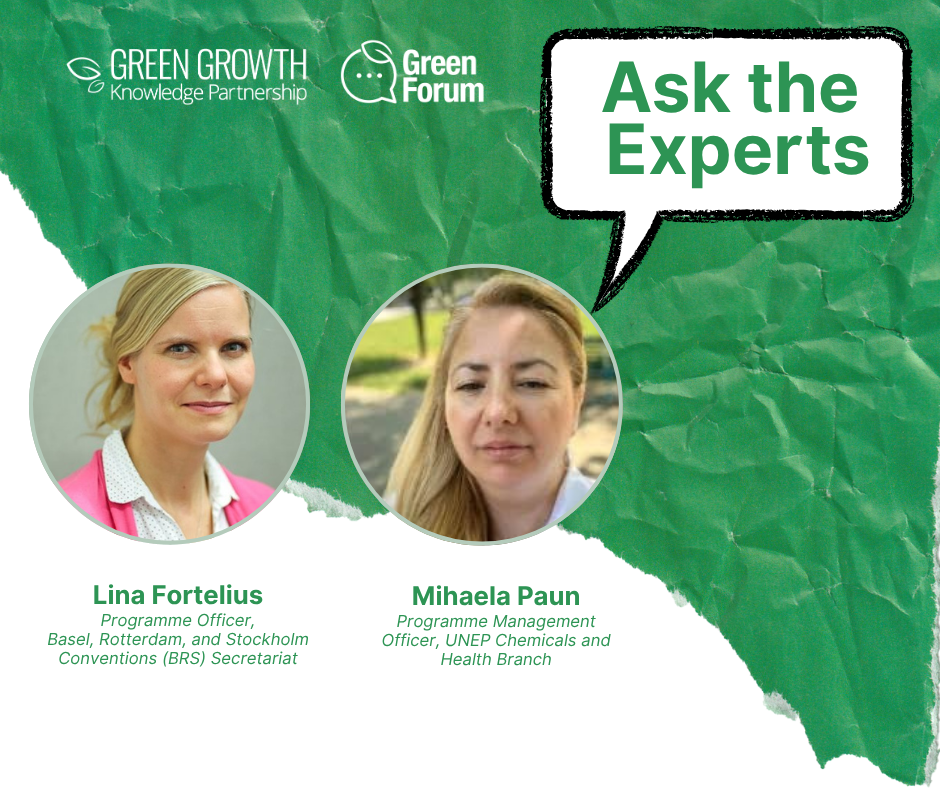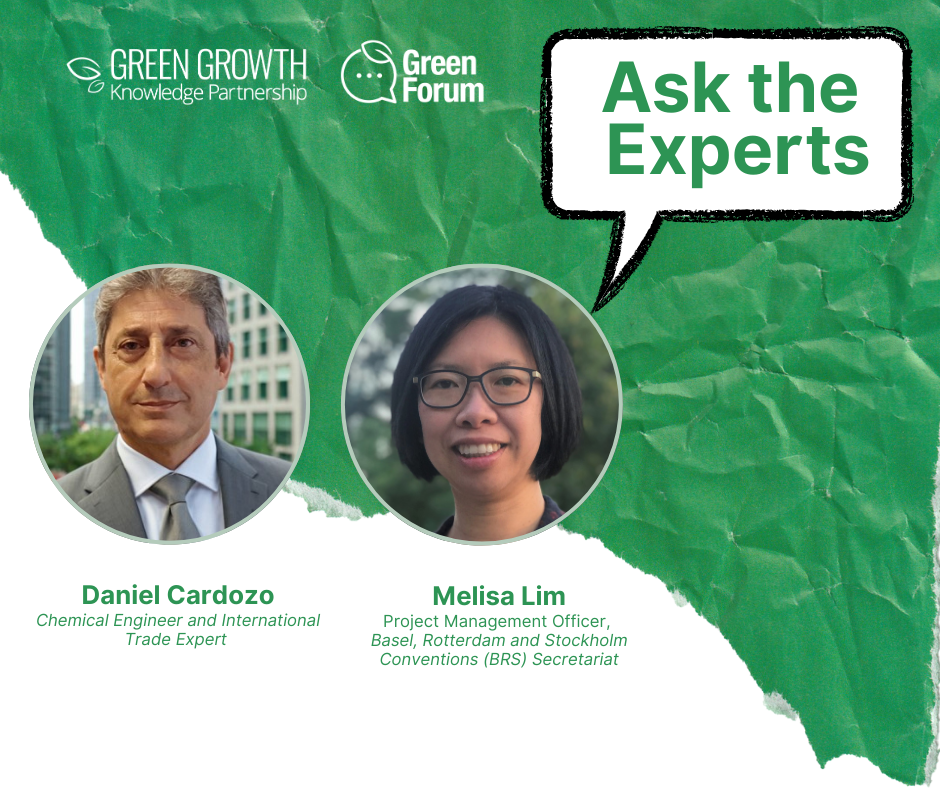The United Nations General Assembly Resolution 70/1, which sets out the sustainable development agenda, envisages a world in which “all life can thrive” and “humanity lives in harmony with nature and in which wildlife and other living species are protected”. This is based on a long history of UN resolutions and Secretary General reports on Harmony with Nature. Resolution 74/224 specifically “recognizes that protecting and conserving ecosystems and avoiding harmful practices against animals, plants, microorganisms and non-living environments contributes to the coexistence of humankind in harmony with nature”.
Yet, the sustainable development agenda remains human-centred and omits critical considerations for the protection and welfare of all animals. Stockholm+50 presents an opportunity to think about sustainable development differently — ambitiously, ethically, holistically, and transformationally — and address this important oversight, which has been undermining progress on sustainable development for two reasons.
Animals are part of sustainable development in their own right
The first reason derives directly from the vision that the sustainable development agenda sets out. The call for a world where all life can thrive and where any harmful practices against animals and other living beings are avoided implicitly acknowledges animals’ intrinsic value. This is an important ethical matter, backed by a growing body of research on animal sentience, and a societal value strongly supported by citizens around the world. This means by default that we cannot achieve sustainable development as long as we deprive living beings from this vision and continue to exploit them. We therefore need to consider animal welfare when planning our world sustainably.
Systems underpinned by animal suffering threaten sustainable development
The second reason is that animal welfare is inextricably linked with other aspects of sustainable development and concern for the environment. In 1987, the UN Brundtland Commission defined ‘sustainability’ as “meeting the needs of the present without compromising the ability of future generations to meet their own needs.” Today, climate change, biodiversity loss, and emerging zoonotic disease risks undermine efforts to ensure the well-being of current and future generations. These threats are created and amplified by systems that ignore, or actively suppress, animal welfare. They comprise production, trade, and consumption systems that exploit animals (whether wild or domesticated), extract resources unsustainably, and degrade ecosystems, including through pollution.
Food systems characterised by poor animal welfare pose a threat to the planet
Our global food system, heavy in animal protein, is the primary driving force behind biodiversity loss, posing an existential threat for 24,000 of the 28,000 species threatened globally, and a major contributor to climate change. Animal agriculture takes up about 80% of agricultural land while providing less than 20% of the world’s food calories.
Latest research illustrates industrial animal farming’s disproportionate impact on the environment, including how it destroys habitation, increases the extinction risk in reptiles, and diminishes the diversity of insect population worldwide.
Intensive animal breeding is also associated with social costs such as rural abandonment, unsatisfactory working conditions, and low wages. If systems that rely on the inhumane treatment of animals are the dominant driver of these threats, animal welfare should be integrated as an essential policy concern in our strategies to restore our ecosystems and mitigate the effects of global warming.
Poor animal welfare poses a threat to human public health
The achievement of good health and well-being for all is prevented by practices that undermine animal welfare. Their impact on human health includes the increase in antimicrobial resistance and the emergence of zoonotic disease. The former is one of the leading global public health threats facing humanity and is increasing as a result of the growth in industrial livestock systems, where poor welfare standards result in high levels of antibiotic use.
Further, about 75 per cent of all emerging infectious diseases occurring in humans, such as COVID-19, are zoonotic, i.e. they jump between animals and humans. Factory farming, wildlife use, trade and consumption, and encroachment into wildlife habitats trigger or drive zoonotic and other diseases. Keeping animals in high stocking densities, in poor health, and under high stress makes them more susceptible to disease and increases the risk of pathogens jumping from species to species.
Stockholm+50 and beyond: Improved animal welfare as an accelerator for sustainable development
If we are to truly transform our world as per the 2030 Sustainable Development Agenda, a shift to systems that consider and care for animal welfare is essential. These will help us mitigate risks, as systems that are beneficial to human, environmental and animal welfare are also systems that avoid, or are resilient to, disasters, health, and climate crises. Such systems also contribute to the achievement of the sustainable development goals (SDGs), including to achieve zero hunger (SDG 2), healthy lives for all (SDG 3), water availability for all (SDG 6), and sustainable production and consumption patterns (SDG 12). Considering animal welfare in policies will also strengthen actions to combat climate change (SDG 13), conserve the oceans, sea, and marine resources (SDG 14), and protect and restore ecosystems while halting biodiversity loss (SDG 15).
This can be achieved through multiple complementary strategies, including:
-
We need to shift to more plant-rich diets. Recent studies show how replacing just 20% of global beef consumption with a meat substitute could halve deforestation and the carbon emissions associated with it. Others show, for example, how incorporating novel foods into diets can reduce global warming potential, water use and land use by over 80%. These conclusions mirror the IPCC’s finding that a shift towards plant-based diets is associated with lower emissions and could therefore “lead to substantial decreases in GHG emissions”. The Panel agreed on the mitigation potential of emerging food technologies, such as cellular fermentation, cultured meat, plant-based alternatives to animal-based food products, and controlled environment agriculture.
-
We need to divest from harmful practices and, in turn, invest in positive practices. This means, among others, to phase out subsidies and financing for industrial animal farming and instead support the development of regenerative practices and alternatives to animal-based food products. By doing so, we will transform our food system to one that continues to provide sustenance while ensuring positive outcomes for nature and climate.
-
We need to embrace One Health, an integrated, unifying approach that aims to sustainably balance and optimise the health of people, animals, and ecosystems. This is in line with the UN’s acknowledgement that the health and welfare of animals is connected to that of the environment and humans, and requires us to take concrete steps to improve and mainstream animal welfare in policies at all levels and across all relevant sectors.
-
We should address other drivers of future pandemic risk and animal suffering, including by suspending commercial wildlife trade and closing sections of food markets selling live wild species, which is in line with guidance issued by the UN.
For Stockholm+50 and beyond, animal welfare, including the protection of ecosystems and their biodiversity as well as countering wildlife trafficking and illegal fishing, should be recognized as an action capable of accelerating sustainable development, reaffirming commitment to the SDGs, and strengthening action towards achieving their targets. Furthermore, the Sustainable Development Agenda should be complemented by the explicit recognition of animal welfare for all animals. As the agenda evolves over time, this could be implemented through a new, standalone goal or the mainstreaming of animal welfare standards throughout the existing SDGs or their successors.
Authors:
- Silvia Mantilla, Communications Manager, World Federation for Animals
- Jessica Bridgers, Policy Director, World Federation for Animals



